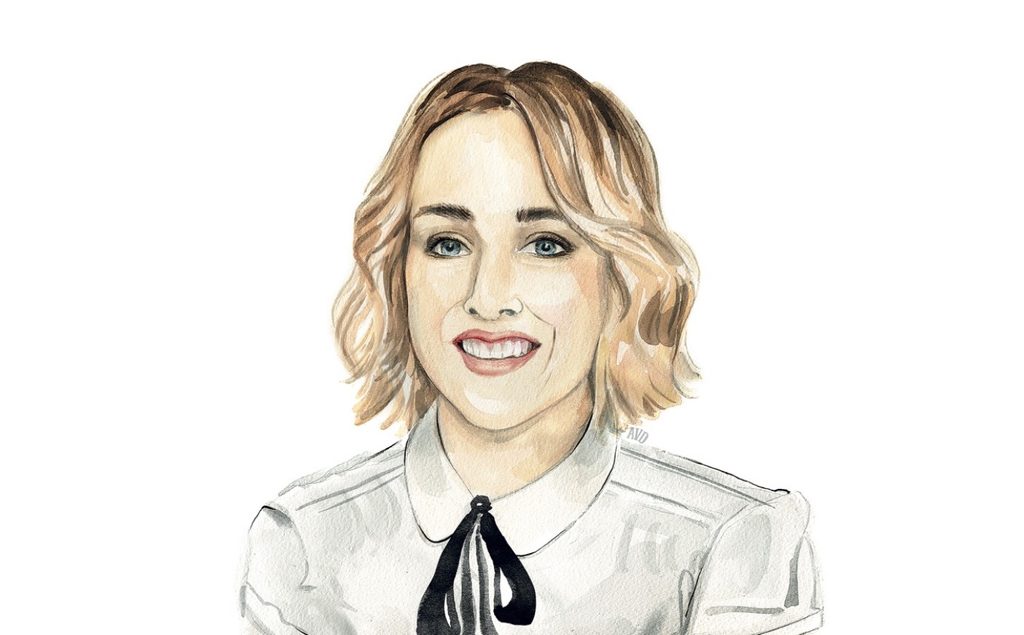Serena Ryder: The RD Interview

Singer Serena Ryder on mental-health advocacy, the power of pop and finding utopia. An interview from 2016.
Reader’s Digest: You grew up in Millbrook, Ont., and later moved to Toronto. These days, you’re based in Los Angeles. Are there more musical opportunities there, or do you just like being able to grow oranges?
Serena Ryder: I like apples and oranges. I’ve been coming here since I was 23 and now I’m 33. I like that it’s not super cold, but it’s still cool at night. I like the ocean. I moved four years ago, but I go back and forth because I’m so in love with my place in Toronto.
You started out making rootsy, bluesy music, but your last album, Harmony, leaned toward shiny pop-especially on your big hit, “Stompa.”
I love pop music-which I just understand to mean “popular”-so much. I want to dance, and I want to make people dance!
For a while, “Stompa” seemed to be everywhere. Was it daunting to craft a follow-up?
How do you perfect Harmony? Utopia, I think.
You’re talking about the title of your new album. You’ve said you were inspired by a Cherokee fable about two wolves-light and dark, representing joy and pain-that battle for control in all of us. Why did you connect with that story?
I was drawn to the notion that a little bit of dark and a little bit of light make up a grey area. That’s utopia for me.
Speaking of utopian fantasies, in the summer of 2015, you played a show that was billed as “the quietest concert ever”-in the Bay of Fundy at low tide, with no amplifiers, to avoid disturbing the ecosystem.
The CBC came up with that idea: “Guess what? You’re going to play on the ocean floor!” It was beautiful. The audience members were wearing headsets plugged into a mainframe. They heard what we heard in our ears.
Through the Bell Let’s Talk campaign, you’ve become a prominent mental-health advocate. What is that like?
Amazing. I feel like it’s more about me listening to other people’s stories than talking about myself.
You’ve also been candid about your own struggles with depression and anxiety. What compelled that choice?
Well, I’m not as compelled now to speak about my past. But I grew up in a small town, and though my life was simple in many ways, it was also complex. Personally, I don’t like to white out what I’ve gone through.
We’ve seen more public figures speaking openly about mental-health awareness over the past few years. Why do you think that is?
I think people are relieved to talk about themselves and to hear about others’ lives. Instead of holding back, maybe this is about allowing for a little breathing room.
In a way, you’ve been a public figure since childhood-you started singing for audiences at age seven. How did that shape you as a performer?
At my first show, in my hometown, I was too scared to go onstage, and my mom told me I didn’t have to play. We just walked out together. It was great because I suddenly felt like I didn’t have to be scared anymore-I only had to perform if I wanted to.
Does it still feel that way now?
Yeah, totally. But most of the time, when I go out onstage, everything gets better.



